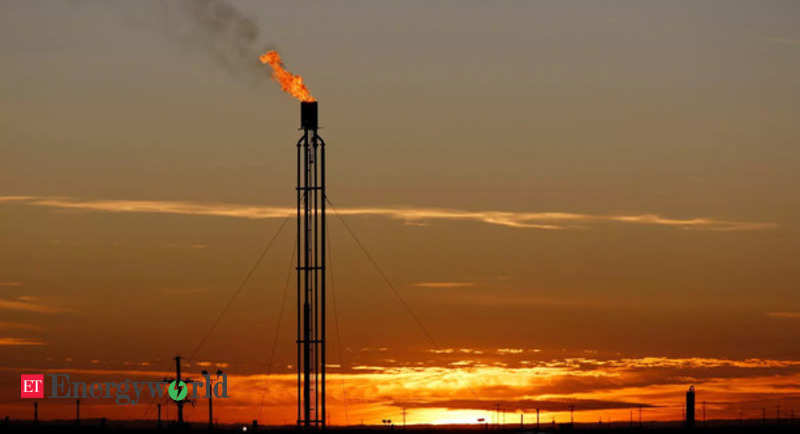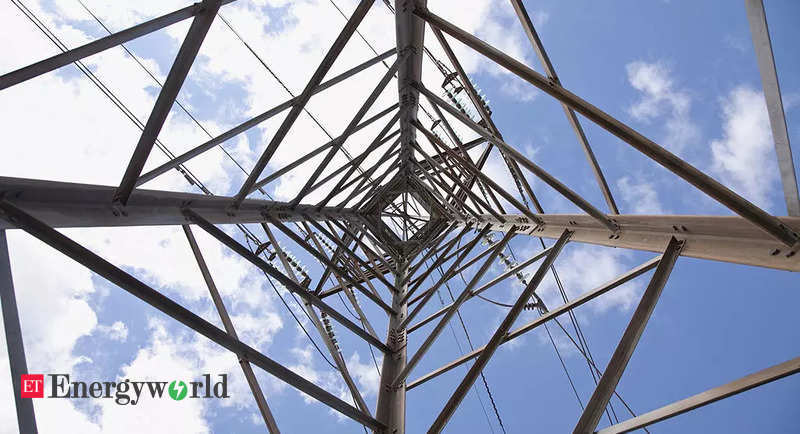BPCL Privatisation: Global oil majors may be joining race! Here is what document detailing process steps showed

Global oil majors may be teaming up with investment funds that are already in the race to acquire Bharat Petroleum Corporation Ltd (BPCL), a document detailing steps needed to complete India’s biggest privatisation showed.
Billionaire Anil Agarwal’s Vedanta group as well as two US funds – Apollo Global and I Squared Capital - had last year submitted initial bids to buyout the government’s entire 52.98 per cent stake in India’s third-biggest oil refiner and second-largest fuel retailer.
Detailing the ‘Next Step’, the ‘Brief Note on BPCL Disinvestment’ said Transaction Advisor and Asset Valuer are to submit an inception report, bidders have to complete due diligence of the company and sale purchase agreement has to be finalised.
Also, “security clearance” of bidders may be needed “since consortiums are being formed”, it said without giving details.
The bidding process allows for other interested parties to join and form a consortium with any one of the bidders which had submitted an expression of interest (EoI).
Firms run by Indian billionaires Mukesh Ambani and Gautam Adani as well as global oil majors such as Royal Dutch Shell, BP and Exxon did not submit an EoI for acquiring BPCL at the close of the deadline on November 16, 2020.
However, several top oil producers from the Middle East and Russia’s Rosneft were said to be interested in BPCL which would give the buyer access to over 14 per cent of India’s oil refining capacity and 23 per cent fuel market share. But they hadn’t submitted any bids.
Industry sources said it was possible that one of the global oil majors or a Middle East oil producer may be teaming up with the investment funds already in race.
Ambani’s Reliance Industries Ltd and Adani group are “extremely unlikely” to join the race, a source said.
See Zee Business Live TV Streaming Below:
Steel magnate Lakshmi N Mittal, who runs an oil refinery in Punjab in joint venture with Hindustan Petroleum Corporation Ltd, was considered a potential candidate but sources said he was not interested in BPCL whose acquisition will cost nearly Rs 80,000 crore at current market trading price.
The document showed financial bids will be called after submission of asset valuation report and business valuation report by Asset Valuer and Transaction Advisor respectively.
Reserve price will be fixed thereafter and price bids will be opened after that.
If its bid is accepted, the bidder quoting the highest price will be called to executive share purchase agreement and make payment.
Open offers required under the extant guidelines/approvals shall follow, it said.
BPCL owns 35.30 million tonnes of oil refining capacity spread over three refineries at Mumbai, Kochi in Kerala and Bina in Madhya Pradesh. It has 18,768 petrol pumps and 6,169 LPG distributors.
ONGC’s share in India’s oil, gas production rises, Energy News, ET EnergyWorld
 ]
]
State-owned ONGC , which is often perceived as a drag on the crude oil and natural gas produced in the country, has actually seen its share in India’s oil and gas production rise over the last three years.“The share of ONGC’s crude oil production in the country’s total crude oil output has increased from 61.7% in 2018-19 to 66.5% in 2020-21,” minister of state for petroleum and natural sas Rameswar Teli said in a written reply to a question in the Lok Sabha on Monday. The same was also true for gas.Oil and Natural Gas Corporation (ONGC) operates the country’s oldest fields where a natural decline in output has set in. Other major fields in the country too are facing similar issues, leading to lower production as a whole. According to the minister’s reply, ONGC’s production has declined but it is slower than the national average.“Challenges faced in operation of exploration and production (E&P) activities are generic and ONGC is taking appropriate steps to address these,” he said.ONGC produced 21.11 million tonne out of the national output of 34.2 million tonne in 2018-19. In 2020-21, it produced 20.273 million tonne out of the national output of 30.49 million tonne. “The share of ONGC’s natural gas production in the country’s total natural gas output has increased from 75.3% in 2018-19 to 77.1% in 2020-21,” he said.It produced 24.74 billion cubic meters of gas out of the national production of 32.87 bcm in 2018-19. In 2020-21, it produced 22.09 bcm out of 28.67 bcm national output.
IEX green term-ahead market trades 2,744 MU renewable energy in first year, Energy News, ET EnergyWorld
 ]
]
New Delhi: Indian Energy Exchange (IEX) said on Monday its green term-ahead market cumulatively traded 2,744 million units of renewable energy in its first year comprising of 1,267 MU volume in solar segment and 1,477 MU in non-solar segment.The market discovered Rs 3.75 per unit as the average price with average solar price at Rs 3.48 per unit and average non-solar price at Rs 4.06 per unit.“The green market has received an overwhelming response and reached a robust participant base close to 100 in a short span of time,” IEX said in a statement.The distribution companies from Karnataka, Telangana, Tamil Nadu and Himachal including RE generators like Choudhary Power, Bhilangana Hydro Power, Amplus Green, AdSolar and MRN Cane Power are a few key participants on the sell side.Distribution companies like CESC Haryana, DNH, Tata Power Company and DVC along with industrial consumers like Vedanta, SAIL , Jindal Steel and Tata Steel are key participants on the buy side.In the first year, Power Company Karnataka Ltd (PCKL) emerged as the top seller while Vedanta Ltd as the top buyer in green market, said IEX.Launched formally by Minister of Power and New and Renewable Energy R K Singh on September 1, 2020, the green market offers a robust value proposition like competitive prices, transparent and flexible procurement, as well as payment security to buyers and sellers.Green power generators and distribution utilities who have surplus renewable energy are now participating in the market to sell this surplus to other deficit entities, facilitating them to meet their energy and RPO requirements in an integrated way.IEX said the market has been a great leveler towards addressing the RE integration challenges. (ANI)